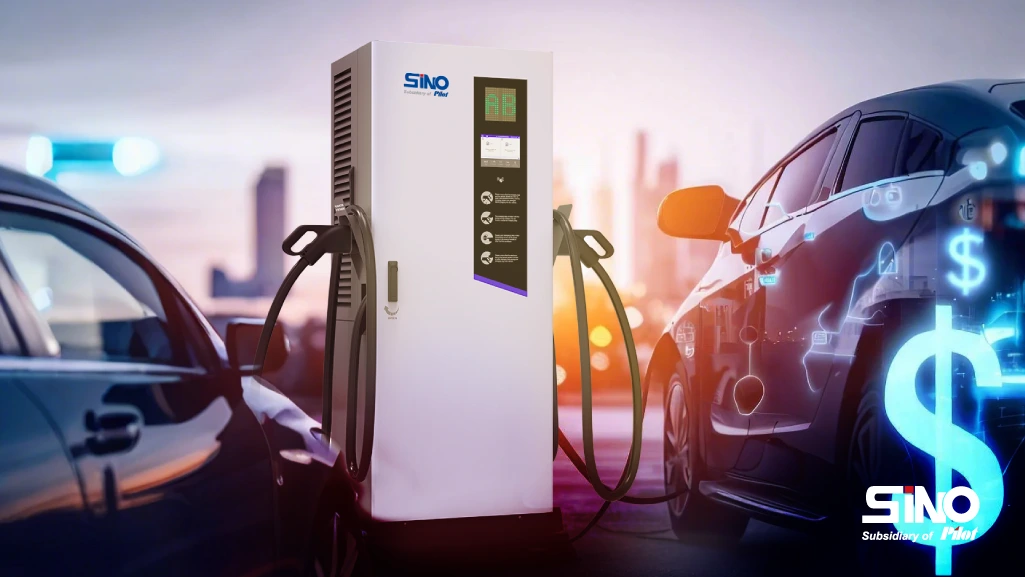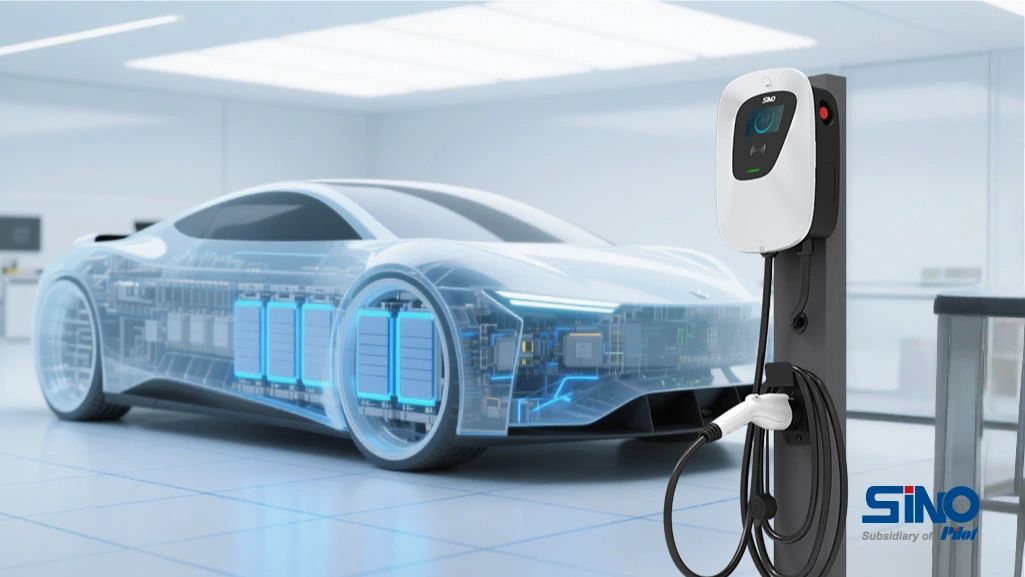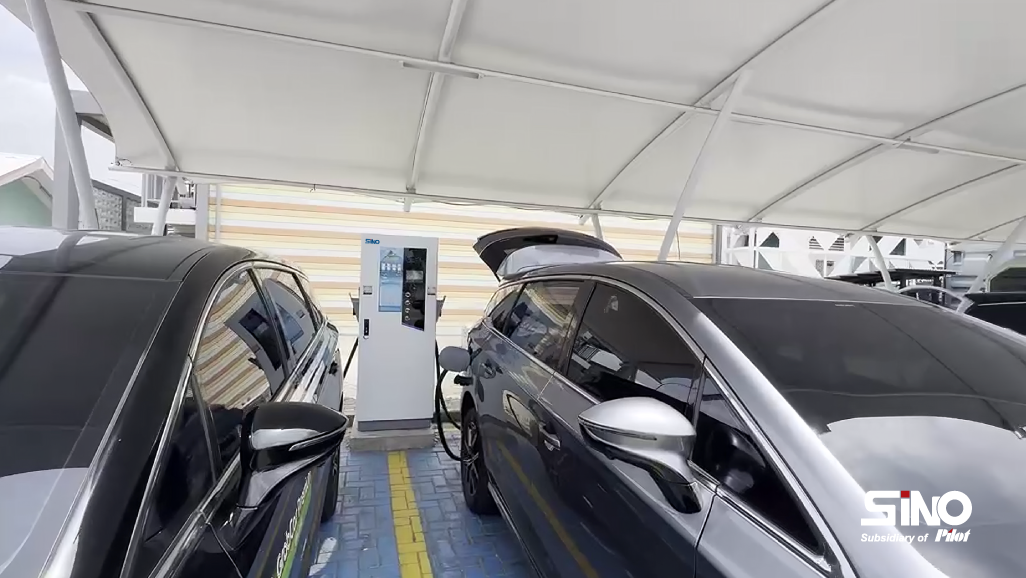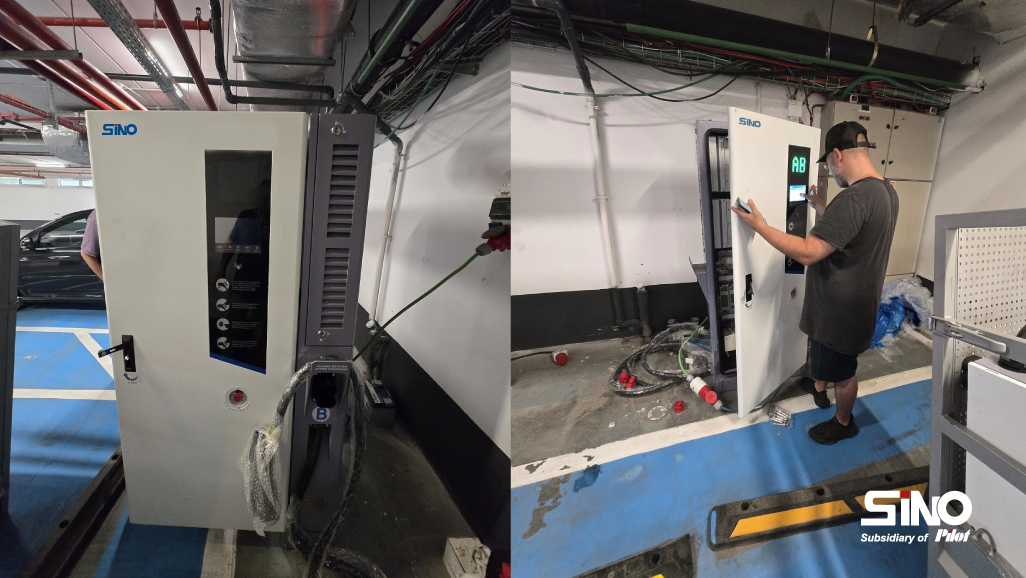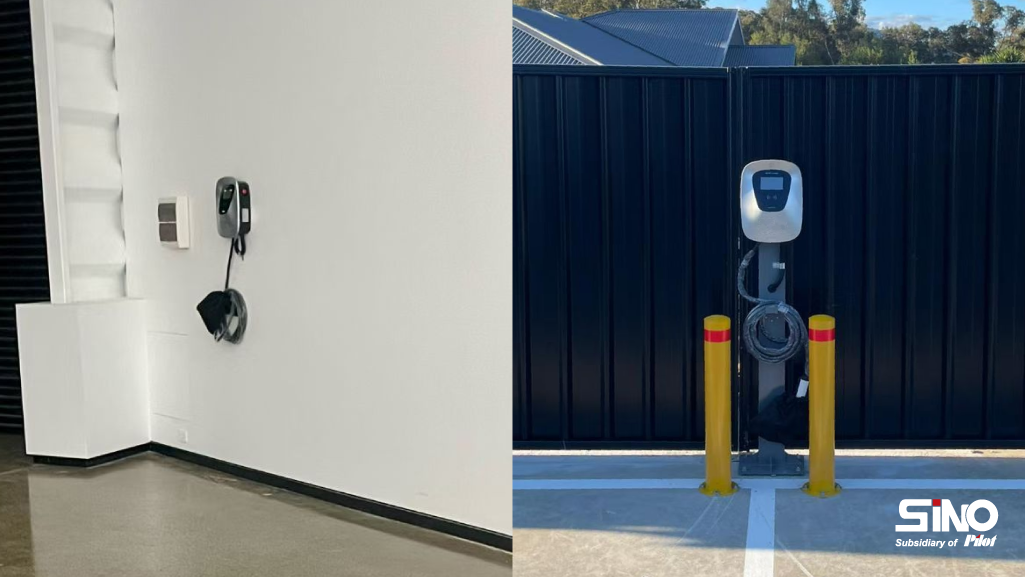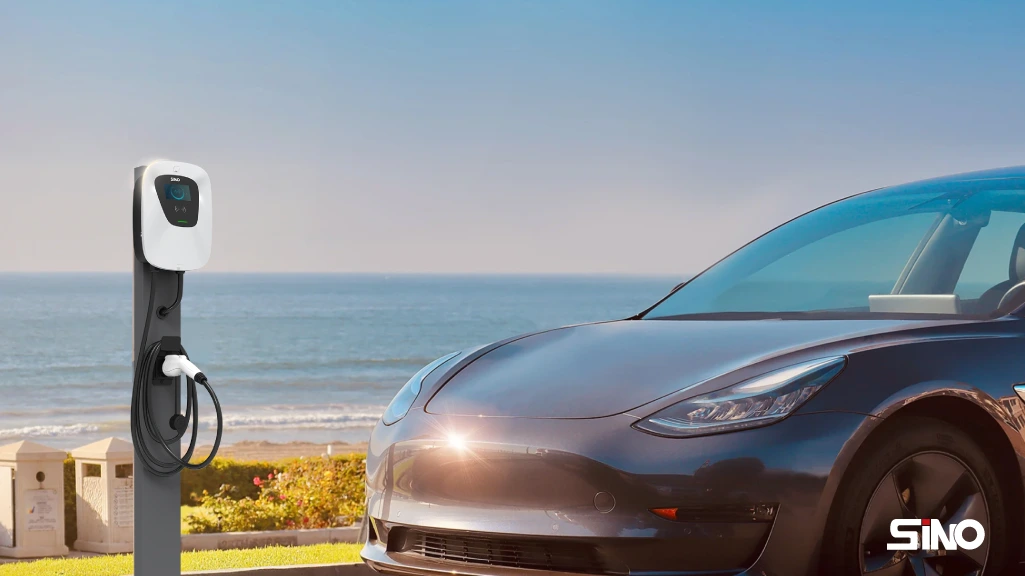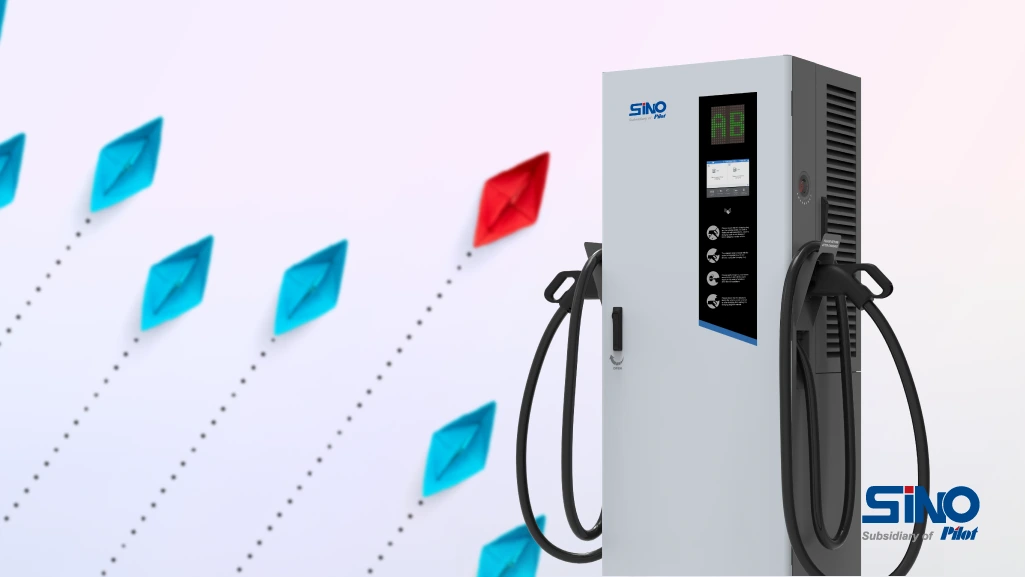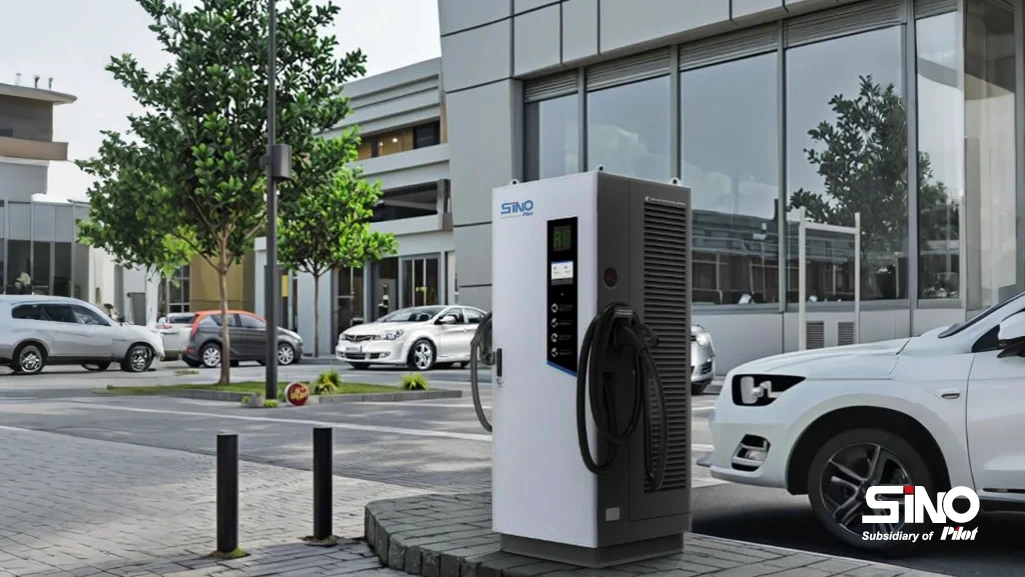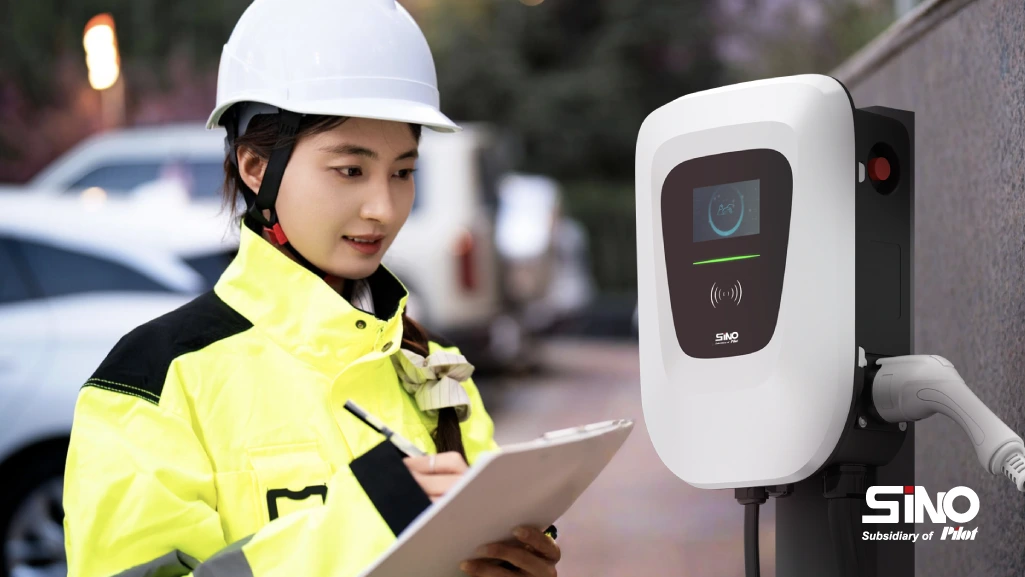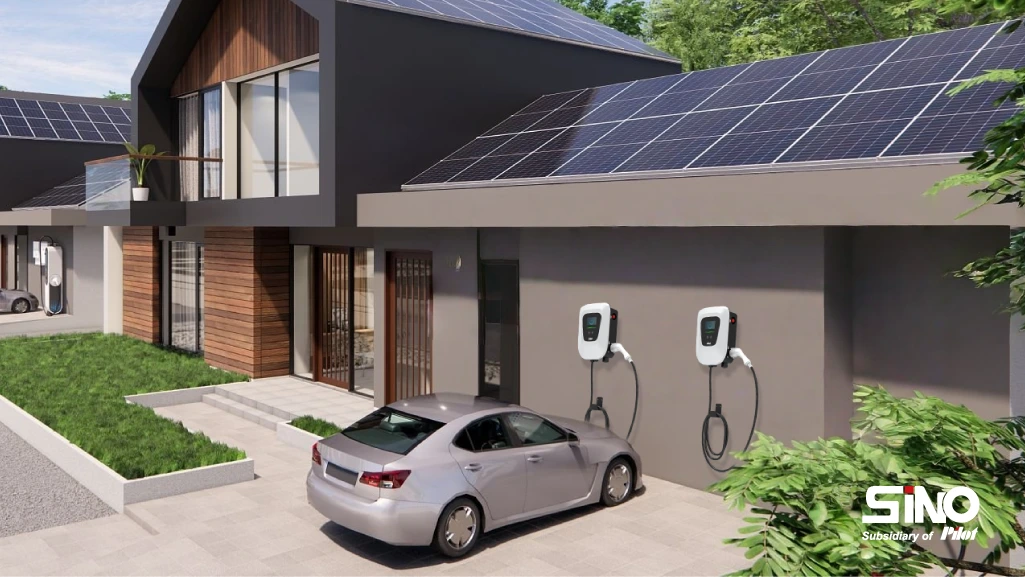Electric vehicles (EVs) have gained popularity in recent years due to their environmental benefits and long-term cost savings. A key consideration for EV owners is charging costs. Here are practical strategies to reduce expenses when charging your EV.
Understanding the Cost Components
When discussing EV charging costs, it’s important to recognize that they are made up of several components. The most significant element is the cost of electricity, which varies based on your location, time of day, and energy provider. For instance, electricity rates tend to be higher during peak demand hours, typically occurring during the day, while they are often lower during off-peak hours, such as at night.
If you’re utilizing a public charging station, keep in mind that there may also be a service fee involved. This fee can range from a nominal charge per session to a percentage of the total electricity fee. Additionally, some public charging locations may impose parking fees, particularly in high-traffic areas like shopping malls or urban centers.
Charging at Home: The Most Cost – Effective Option
1. Take Advantage of Off – Peak Tariffs
Charging your electric vehicle (EV) at home is typically the most cost-effective option. Many energy providers offer time-of-use (TOU) tariffs, which feature varying rates depending on peak, off-peak, and sometimes shoulder hours. By choosing to charge your EV during off-peak hours, you can significantly lower your electricity costs; in certain regions, off-peak rates can be as much as 50% cheaper than peak rates. It’s advisable to check with your energy provider to see if they offer these tariffs and to adjust your EV’s charging schedule accordingly. Most modern EVs include a built-in scheduling feature that allows you to set the start time for charging efficiently.
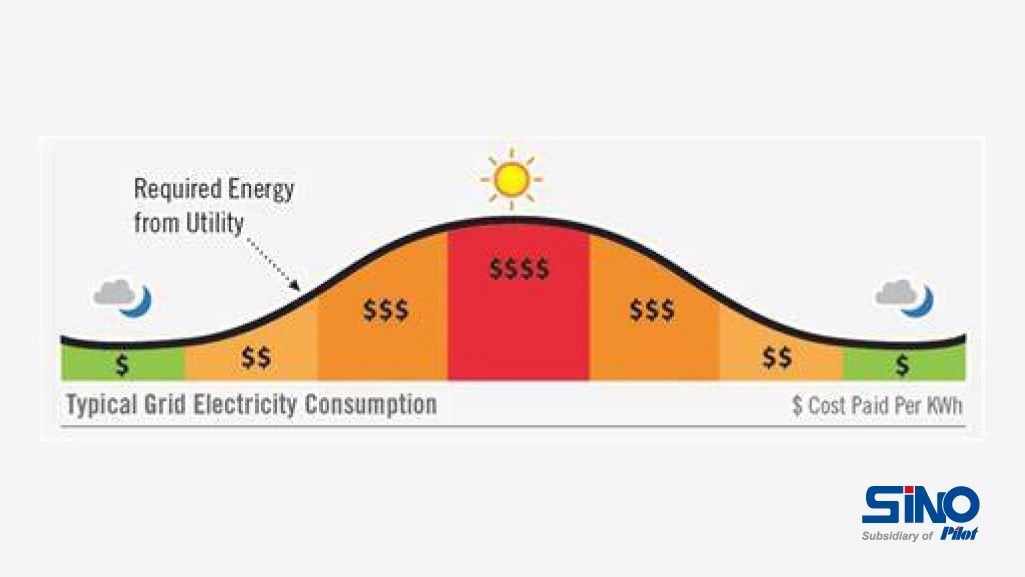
2. Install a Home Charger
Charging your electric vehicle (EV) using a standard household outlet (Level 1) is an option, but it’s relatively slow and may not be the most efficient choice. To enhance your charging experience, consider installing a dedicated home EV charger (Level 2). While the initial investment for purchasing and installing a Level 2 charger can range from several hundred to a few thousand dollars, depending on the specific model and installation requirements, this investment often pays off over time.
A Level 2 charger provides faster charging capabilities and consumes less electricity per hour compared to a standard outlet. Additionally, using a Level 2 charger allows you to benefit from off-peak electricity rates, further reducing your overall energy costs.
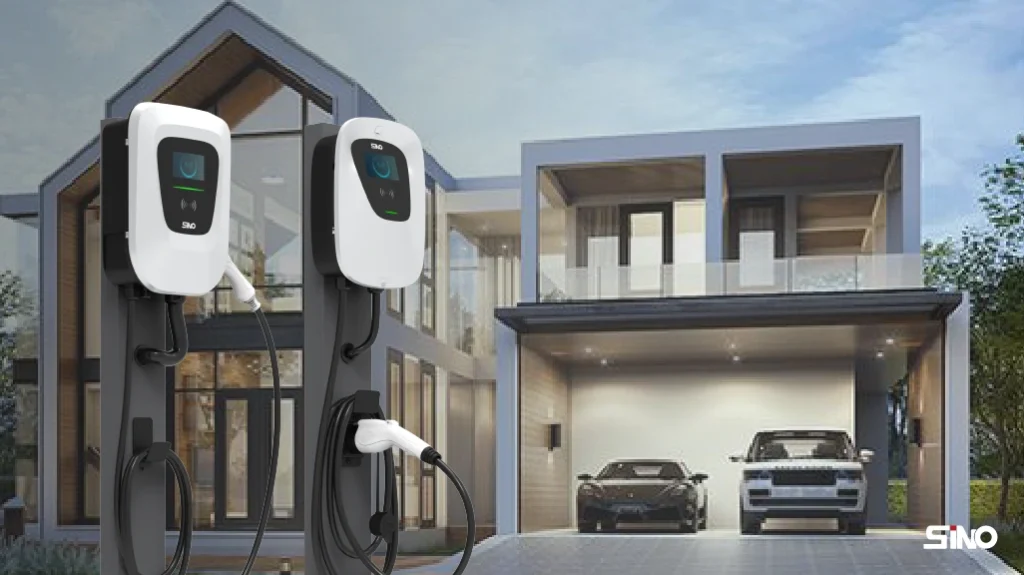
3. Consider Solar Power
Installing solar panels at your home can be an excellent way to power your electric vehicle (EV) at little to no cost, provided you have the resources to invest. Solar energy is a renewable resource, and after making the initial investment in a solar panel system, the electricity generated becomes essentially free. By utilizing a solar battery energy storage system, you can store excess energy during the day when sunlight is abundant and use it to charge your EV at night. Even if your solar panels do not generate enough power to fully charge your vehicle, they can significantly offset your overall electricity consumption, leading to reduced charging costs.
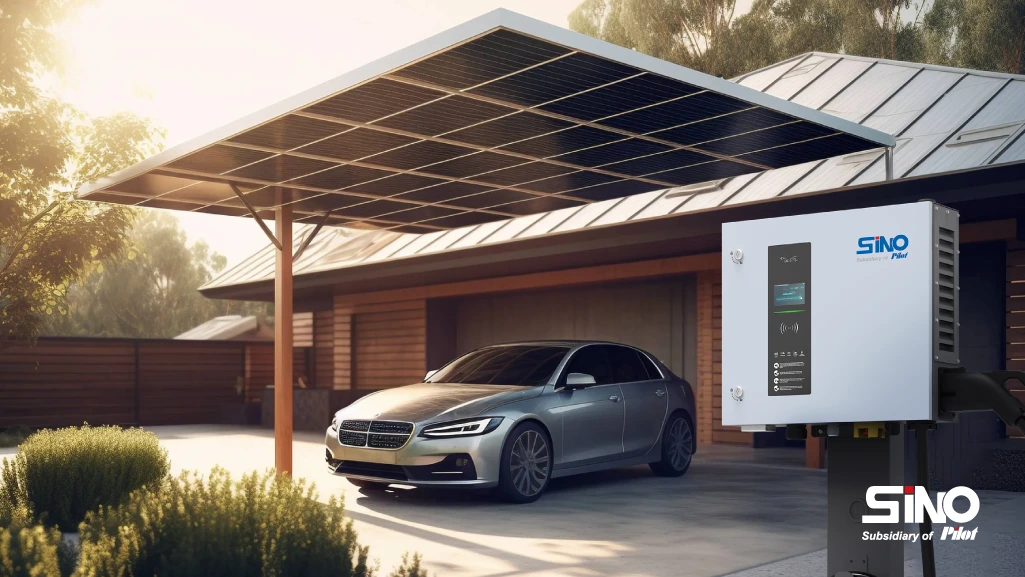
Public Charging: Minimizing Expenses
1. Use Apps to Find the Best Deals
There are many applications available to assist you in locating public charging stations and comparing their costs. They not only display the locations of chargers but also offer detailed information about pricing, including current promotions and discounts. For instance, some charging networks provide reduced rates for members or during specific times of the day. By utilizing these apps, you can effectively plan your charging stops ahead of time and select the stations that deliver the best value.
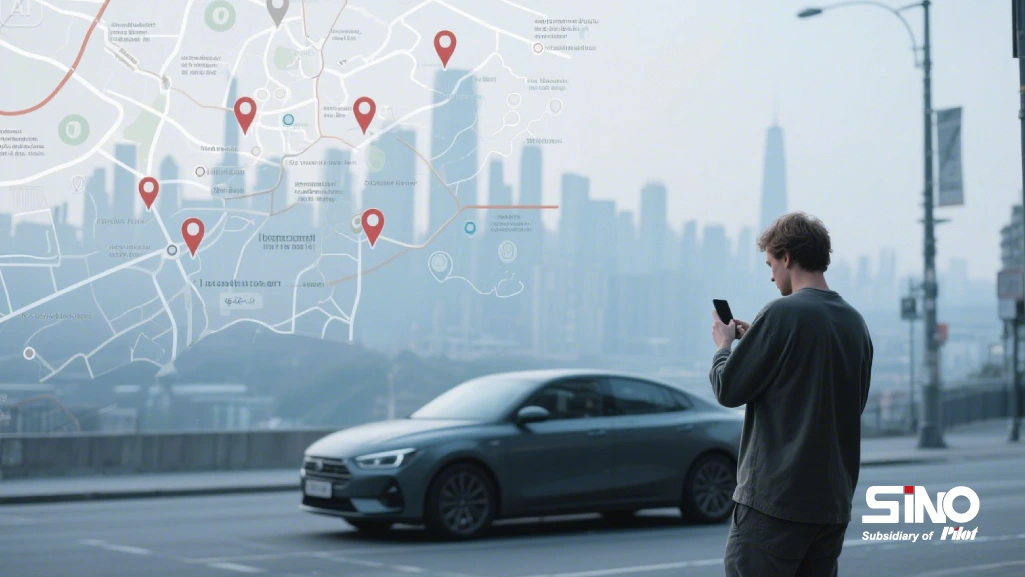
2. Avoid High – Cost Charging Stations
Public charging stations vary widely in type and cost. DC fast chargers (Level 3) are typically the most expensive option, as they provide a significant amount of power quickly, making them ideal for long-distance travel when you need a fast charge. However, if time permits, opting for slower AC chargers (Level 1 or 2) is usually a more economical choice. Additionally, exercise caution when using charging stations located in high-traffic or premium areas, such as airports or luxury shopping centers, since they often come with higher fees.
3. Look for Free or Discounted Charging
Many workplaces, shopping malls, and restaurants provide free or discounted charging options to encourage customers and employees. If you’re going to be at a location for an extended period—whether working a full day at the office or spending several hours shopping—consider taking advantage of these cost-effective charging solutions. Additionally, certain cities or local governments may offer free public charging to promote the adoption of electric vehicles, so be sure to look out for such initiatives in your area.
4. Consider Charging Card Subscriptions
Many charging networks provide subscription plans or charging cards that can help you secure discounted rates. By subscribing to a specific network’s service, you may lower the cost per kilowatt-hour (kWh) for charging. Additionally, some cards grant access to multiple charging networks, enhancing your flexibility in locating cost-effective charging solutions. To determine if a subscription plan would be advantageous for you, assess your usual charging requirements and compare the costs associated with different plans.
Vehicle – Specific Considerations
1. Choose an Energy – Efficient EV
When buying an electric vehicle (EV), it’s important to evaluate its energy efficiency. Different models consume varying amounts of energy, typically measured in kilowatt-hours (kWh) per 100 miles. A vehicle with higher energy efficiency will use less electricity to cover the same distance, helping you save on charging costs. For instance, the Tesla Model 3 with a long-range battery may demonstrate better efficiency compared to certain other compact EVs, which means you’ll likely incur lower charging expenses over time. To make an informed decision, be sure to research and compare the energy efficiency ratings of various EV models before completing your purchase.
2. Maintain Your EV Properly
Proper vehicle maintenance plays a crucial role in managing your charging costs. For example, keeping your tires properly inflated minimizes rolling resistance, which enhances the energy efficiency of your vehicle. Additionally, regularly servicing your electric vehicle’s battery and motor helps maintain optimal performance. A well-maintained battery not only holds its charge more effectively but also reduces the frequency and expense of charging sessions.

3. Optimize Your Driving Habits
Your driving style plays a crucial role in determining your electric vehicle’s (EV) energy consumption. Engaging in aggressive driving, characterized by rapid acceleration and hard braking, tends to deplete energy more quickly than adopting a smoother, steadier approach. By embracing a more efficient driving style, you can extend the range of your EV on a single charge, thereby reducing the frequency and costs associated with recharging. Additionally, utilizing cruise control on highways can help you maintain a consistent speed, further enhancing your vehicle’s energy efficiency.

Conclusion
With some careful planning and knowledge, it is entirely feasible to save money on charging your electric vehicle (EV). You can take advantage of off-peak electricity rates at home, utilize apps to discover the best public charging options, and select an energy-efficient vehicle that you drive in the most effective manner. Implementing these strategies not only helps you maximize the cost-saving benefits of owning an EV but also supports sustainability efforts, contributing to a greener future.



